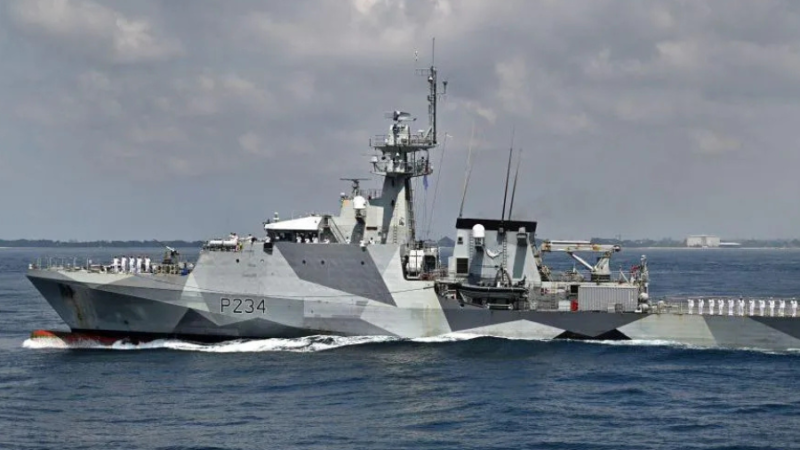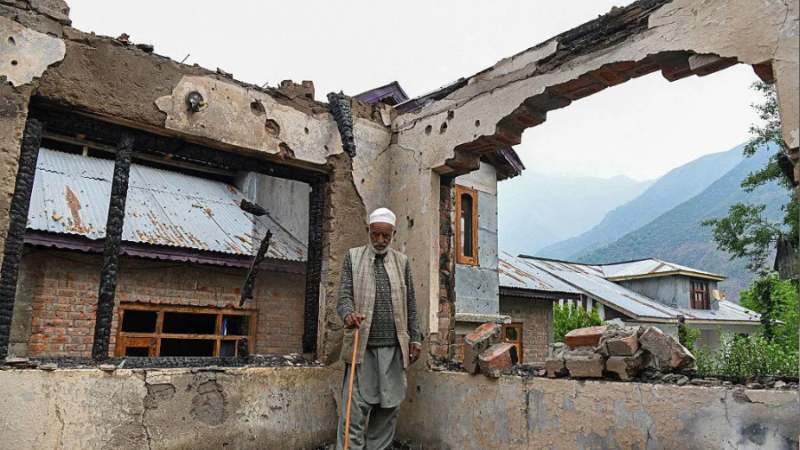European Union Recommends Stockpiling Three Days’ Worth of Food & Water for Emergencies

Brussels Calls for Enhanced Preparedness Amid Rising Global Risks
The European Commission has urged EU citizens to maintain at least a 72-hour supply of food, water, and essential items in case of emergencies. This recommendation is part of the newly introduced EU Preparedness Union Strategy, aimed at strengthening the bloc’s resilience against natural disasters, cyber threats, and geopolitical crises.
Why the EU Is Emphasizing Emergency Stockpiling
The world is witnessing an increase in climate-related disasters, cyberattacks, and geopolitical conflicts, making emergency preparedness a critical priority. The European Commission is taking proactive steps to ensure that citizens are ready to handle sudden disruptions to essential services.
President of the European Commission, Ursula von der Leyen, stressed the importance of being prepared, stating:
“Families living in flood zones should know what to do when the waters rise. Early warning systems can prevent regions hit by wildfires from losing precious time.”
Key Elements of the EU Preparedness Union Strategy
The newly introduced EU Preparedness Union Strategy focuses on several key aspects:
- Strengthening Early Warning Systems
- Improving disaster alert mechanisms to ensure citizens receive timely notifications.
- Investing in advanced technology to detect and respond to emergencies faster.
- Ensuring the Continuity of Essential Services
- Protecting access to healthcare, clean drinking water, and electricity during crises.
- Enhancing cybersecurity to prevent attacks on infrastructure.
- Promoting Public Preparedness
- Encouraging families to maintain at least three days’ worth of supplies.
- Developing official EU guidelines on emergency preparedness.
What Should People Stockpile?
The European Commissioner for Preparedness and Crisis Management, Hadja Lahbib, stated that while risks vary across EU nations, every household should be ready for emergencies. In a video posted on social media, she shared a list of items that all citizens should have to survive for 72 hours in case of a crisis:
- Food & Water – Non-perishable food and at least 2 liters of water per person per day.
- Power Sources – Flashlight, power bank, and extra batteries.
- Communication Tools – Battery-powered radio to receive updates.
- Cash & Documents – Cash, ID, and emergency contact information.
- Medical Supplies – Essential medications, first-aid kit, and hygiene products.
“Ready for Anything” – A New European Mindset
Hadja Lahbib emphasized the importance of self-sufficiency during the first critical hours of any disaster, stating:
“Ready for anything – this must be our new European way of life.”
What’s Next? EU’s Plan for Emergency Preparedness
The European Commission is now working on:
✔ Developing official guidelines for household preparedness.
✔ Collaborating with member states to improve emergency response strategies.
✔ Raising awareness through public campaigns on crisis preparedness.
Why This Matters Now More Than Ever
With rising natural disasters, cyber threats, and geopolitical tensions, preparedness is no longer optional—it’s a necessity. By encouraging self-sufficiency for at least 72 hours, the EU aims to create a resilient and well-prepared society capable of responding effectively to unexpected crises.






